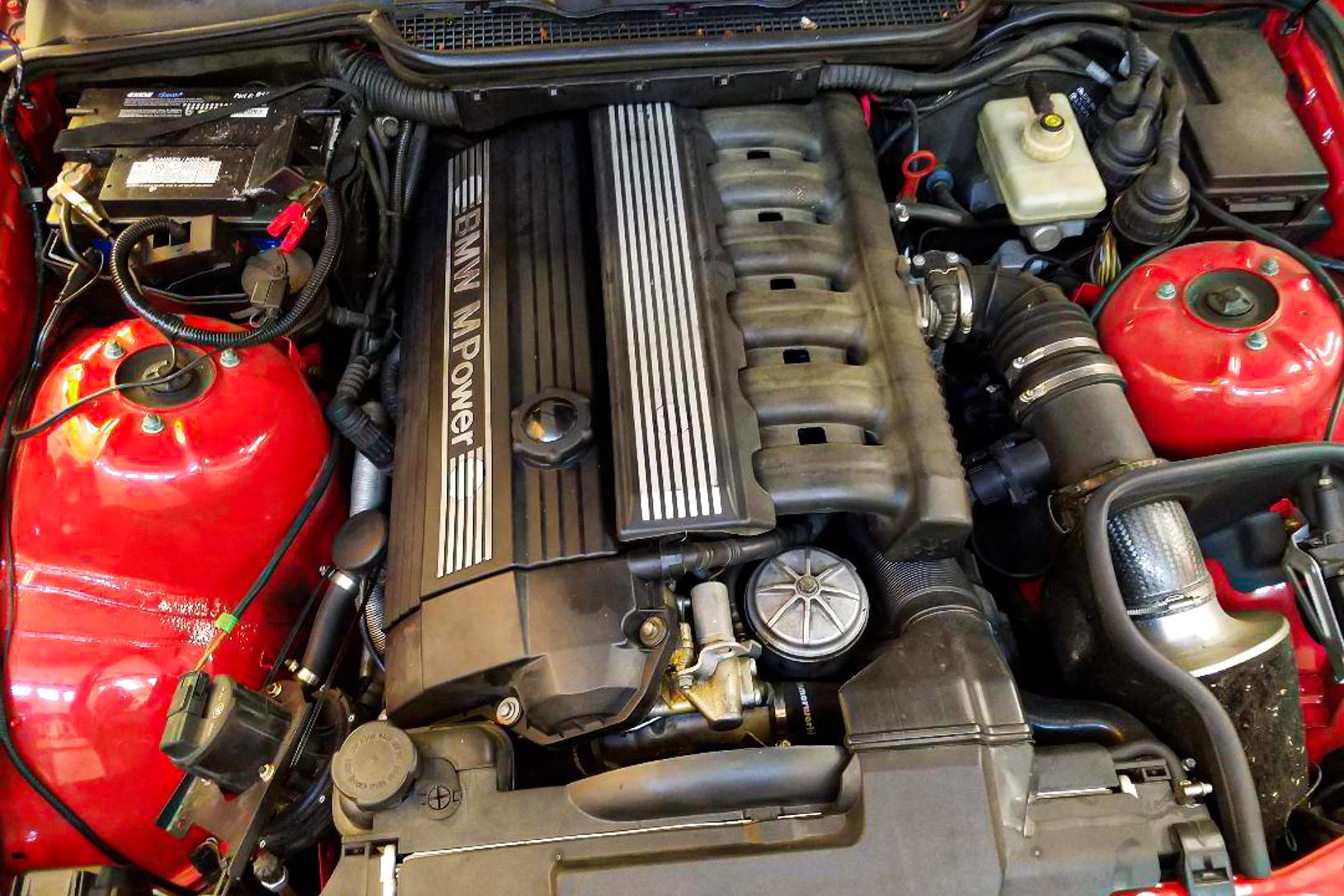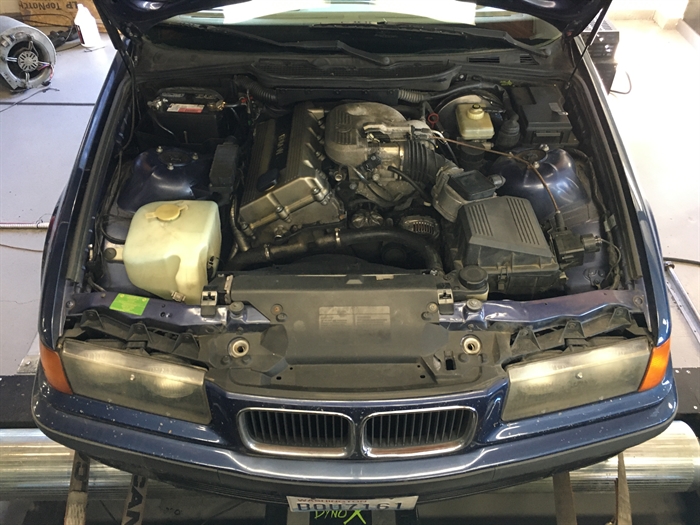BMW 318ti: Performance Specs and Features Explained
BMW 318ti: Performance Specs and Features Explained
Blog Article
Crucial Considerations for Choosing the Finest Engine for Your Requirements
In the realm of picking the perfect engine to meet your needs, numerous essential aspects demand careful factor to consider to guarantee optimal performance and efficiency. From the nuanced balance between power and performance to the often-overlooked facets of upkeep and solution requirements, each element plays an essential function in determining the most appropriate engine for your certain needs.
Power and Performance
When reviewing engines for ideal efficiency, it is crucial to focus on both power output and effectiveness. Efficiency refers to just how well the engine converts gas into usable power. By carefully reviewing both power and effectiveness, you can choose an engine that provides optimal performance and meets your requirements efficiently.
Gas Effectiveness and Economic Climate
Gas performance refers to the engine's capability to transform gas right into energy with minimal waste, straight impacting operating prices and environmental sustainability. Engines with higher gas effectiveness not just decrease fuel expenditures yet additionally decrease carbon exhausts, adding to a greener procedure.

Compatibility and Application
Considering the fuel efficiency and economy of an engine, the following essential element to address is its compatibility and application within details operational contexts. Compatibility describes how well the engine integrates with the general system or devices it powers. It entails factors such as physical dimensions, installing alternatives, electrical user interfaces, and control systems. Guaranteeing compatibility is necessary to protect against problems such as getting too hot, resonances, or power discrepancies (bmw 318ti).
Different engines are designed for particular objectives, whether it be industrial machinery, marine vessels, autos, or power generators. Comprehending the designated application enables for the option of an engine that can provide the necessary power result, torque, and functional characteristics.
Upkeep and Service Demands
Upkeep and service demands play a critical role in guaranteeing the longevity and optimum efficiency of an engine. Regular maintenance is important to prevent breakdowns, expand the lifespan of the engine, and maintain its effectiveness. When choosing an engine, it is very important to take into consideration the producer's suggested maintenance routine and the availability of service centers or certified professionals.
Elements such as the regularity of oil changes, filter replacements, and general inspections can substantially impact the engine's efficiency. Some engines may need more regular maintenance based upon their design and use, while others might have longer periods in between maintenance checks. It is important to stick to these solution needs to avoid pricey these details fixings and unforeseen downtime.

Expense and Budget Considerations
When selecting an engine for a particular application,Budget plan restrictions often play a significant function in the decision-making procedure. When thinking about the cost and spending plan effects of picking an engine, it is important to evaluate not just the preliminary purchase rate however also the long-term costs associated with maintenance, gas consumption, and prospective upgrades or repairs. It is essential to strike an equilibrium in between the upfront cost of the engine and its total lifecycle prices to make sure that the chosen engine continues to be monetarily lasting throughout its operational lifespan.
Factors such as gas dependability, sturdiness, and performance can straight influence the overall expense of ownership of an engine. While an extra costly engine may have greater ahead of time expenses, it can potentially cause reduced upkeep and gas expenses gradually, thus offering much better worth in the long run. In addition, thinking about the availability and expense of spare components, as well as the ease of maintenance official website and service, can help prevent unexpected economic strain in the future. By thoroughly assessing these expense and spending plan factors to consider, you can make an informed decision that straightens with your economic constraints and functional requirements.
Conclusion

Gas efficiency refers to the engine's ability to transform fuel right into energy with very little waste, directly affecting operating costs and ecological sustainability.Variables influencing gas efficiency consist of engine design, burning performance, and total efficiency optimization. In addition, picking the suitable fuel kind and quality as advised by the engine supplier can further improve efficiency and prolong engine life-span.
Engines with good utility attributes and readily available components can decrease maintenance costs and lessen the time the engine is out of procedure - bmw 318ti. It is critical to strike an equilibrium between the ahead of time price of the engine and its overall lifecycle costs to make certain that the selected engine continues to be economically sustainable throughout its operational life-span
Report this page